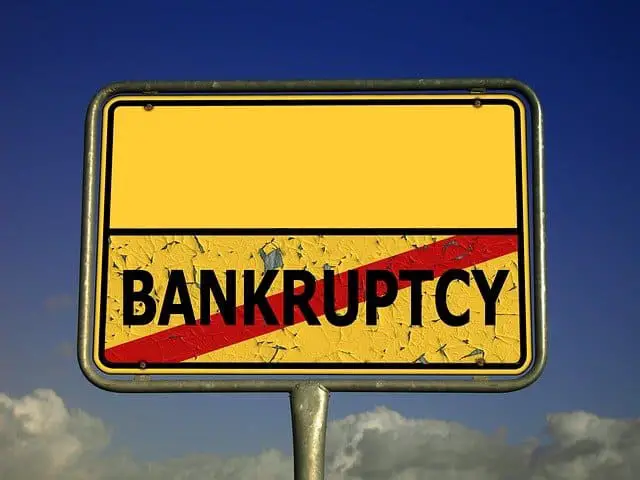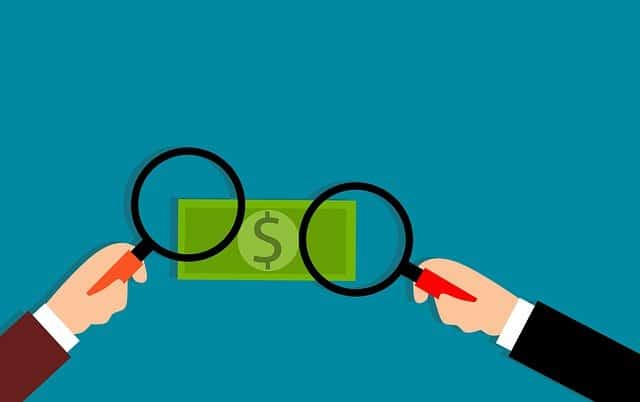In this article, we’ll discuss the important topic of: “How to Get Back in School When You Owe Money?”
If you owe money on student loans and still wish to get back to school for further studies, you are not alone. As per the Federal Reserve, there are as many as 22% of the Americans who get back to school even when they own money. If you are thinking about whether you can get back to school when you own money, you can. The only question that may arise is how to get back in school when you owe money.
So, if you are determined to join back your school for further studies, here are some ways you can make even when you owe money.
How to Get Back in School When You Owe Money?
If you have not paid back the school education loan you have taken, thinking to go ahead with further studies can be challenging. But many such students decide on going back to school while in debt. There are just a few critical factors you need to consider and understand while deciding on it.
Some of the indispensable factors that you need to think about are:
- How much debt you have?
- Whether you will be able to pay off the debt if you are taking another loan for your further studies or not?
- How much time will you take to pay off the debt?
After you have analyzed the entire picture, several things get clear. It helps you understand whether you should take up another study loan for your further studies while you are already in debt. Also, it helps you in paving ways on how to go back to school with defaulted student loans.
Once you have thought deeply about all the factors and angles, there are several ways that you can try out how to get back in school when you owe money. Here are some of the ways that you can try out.
Taking to the Creditor:
The fundamental way is to talk to the creditor from whom you previously took the study loan. You can discuss the scenario with the creditor that you wish to go back to school for your further studies, for which you will require more loans on the debt you already have. If the creditor that you have chosen is a good one and offers several benefits, then the service provider can surely help you in different ways. They can help you in selecting a more convenient repayment option for your loan that you are taking.
If You Have Defaulted:
If you have defaulted on your federal loan, you cannot apply for a further loan for your other studies. So, how to get back to school with defaulted student loans? In such a situation, you have to improve your standing in the loan to get further help. Two different ways can help you. Federal loans have the benefit of offering your forgiveness if you have a critical financial situation. But if the forgiveness option does not work out, you can pay off the federal loan by taking a student loan from a private creditor. After this, you can again stand a chance of getting a new loan for your further studies and get back to school.
If You Are Confident:
If you have not defaulted and are confident that getting further studies, you will stand a good chance at earning a handsome income, and you can indeed talk to your creditor. If your creditor is not satisfied with the plan you have in life, you can take a separate loan to pay off the debt and further studies. This way, when you start earning, you can slowly pay off the loan amount.
Going Back to School While in Debt
Going back to school while in debt can be a risky thing. When you already must pay, getting another debt can overburden you even more. In such a situation, there are two ways in front of you.
- Either you should first pay off your debts and then take another debt to start your further studies, or
- Take an added burden to complete your further studies and then pay off both the debts together.
Many scholars who are tracking higher studies in medical, law, and similar sectors prefer to go for the second option. They are confident that after completing the classes, they will have a lucrative career ahead and earn well. They can use up this making to pay off the debts quickly. But of course, you have to be sure that you can get the career option you have thought of after completing your studies.
Related Articles:
- Why is any Form of Bankruptcy Most Often Considered the Last Resort?
- Can I Wear Jeans to My 341 Meeting?
- How Late Can You Be On A Chapter 13 Payment?
- What’s the Difference Between Deferment and Forbearance?
Summary
Many students in America do not continue their further higher studies because they are in debt. On the contrary, also others still wish to pursue further studies even when they are in debt. If you need to know How to Get Back in School When You Owe Money, you should have an in-depth analysis of your situation and talk to your creditors about it.



